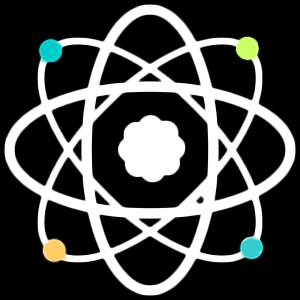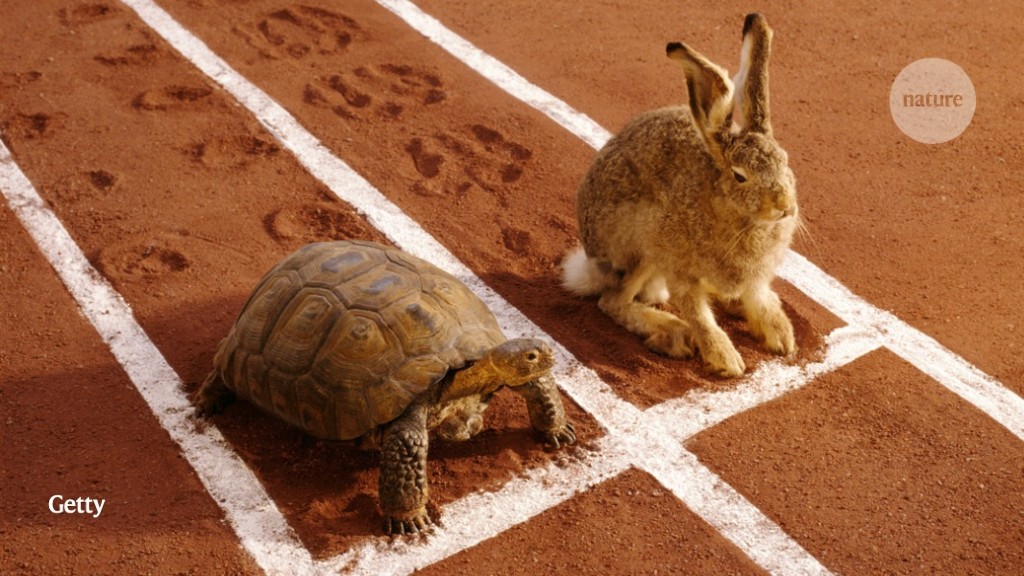Midway through my psychology PhD programme at Cornell University in Ithaca, New York, I felt that I lacked whatever magical ability is required to finish and publish a project. It seemed as though other graduate students were authoring several papers in the time it took me to complete a single experiment. I worked as hard as I could, but my progress seemed to be incremental compared with theirs.
When I shared these concerns with my adviser, she had a different take on the situation. “You’re not doing anything wrong,” she assured me, “you’re just pursuing a different kind of research.” She reminded me that lifespan researchers like me, who study the differences between younger, middle-aged, and older adults, often take much longer to complete a single research project than do others, so will probably publish at a slower pace than colleagues in some other research areas.
I was already aware that every student’s research agenda progresses at a different rate. In my field — the social sciences — some researchers mine Twitter for data or collect responses from thousands of online participants over the course of just a couple of days. But lifespan researchers often collect more detailed and open-ended responses from one person at a time. With hundreds of participants to test or interview, this means a single project can take months, or even years, to complete.
The research I do differs from most social-science research in other ways, too — from the funding, personnel and equipment needed to collect new data, to the skills, permissions and access required to obtain and analyse them.
Conducting research in which my participants spend 30–90 minutes completing a single study will be much costlier than enlisting participants to a 5-minute online survey. I typically pay participants US$20 or more to meet me in person, whereas short online studies can pay as little as $0.20 per participant (of course, some rely on volunteers who are not paid at all).
And there are other financial and time costs. In one of my research projects, for example, I measure participants’ emotional responses to images and sounds by measuring how their skin’s ability to conduct electricity changes. Compared with online surveys, studies that include physiological measurements cost more and can require extra technical equipment and knowledge. However, they can often be more revealing. Now, of course, such work has been paused because of the coronavirus pandemic.
A second project I am working on involves analysing interviews with 138 people recruited from our local community. Recording, transcribing and coding so much interview data can take months, if not years.
Finally, I had to learn two new programming languages to allow me to collect and analyse data using research software I was unfamiliar with. Taken together, these three different projects will hopefully result in three manuscripts, one of which I have already submitted and is under review.
Considering the different challenges each research project can pose, I realized that comparing two students’ research progress is never an easy or fair process.
Although academia is inherently competitive, the difficulties of comparing myself with other students in my programme or field do not prevent me from assessing my personal growth in more meaningful ways. Because every graduate student works with a different set of circumstances, I realized that only one type of comparison is really a fair one: a comparison between my career progress now and my career standing in the past.
Since that conversation with my adviser in the third year of my PhD programme, I have submitted three first-author publications, without having to magic up something, as I thought my colleagues did. Although I still struggle with comparing myself to other students, I also look back at my own past growth and ask myself: what milestones have I reached in the previous academic year or since beginning my PhD?
Beyond publishing manuscripts, these milestones have included pursuing external collaborations and mentoring undergraduate research assistants and other students. In addition, I have finally advanced to pre-registering my research projects, which means that I lay out my hypotheses, methods and analysis plans in writing before I collect any data. Pre-registration gives my research added credibility, but it took me some time to learn which research approach to commit to.
I now map out which goals I hope to achieve every semester, and which steps I need to take to reach those goals at my own pace. Although these milestones might not always compare to those of other graduate students, seeing how far I have come since I started my PhD journey is quite a success in itself.


